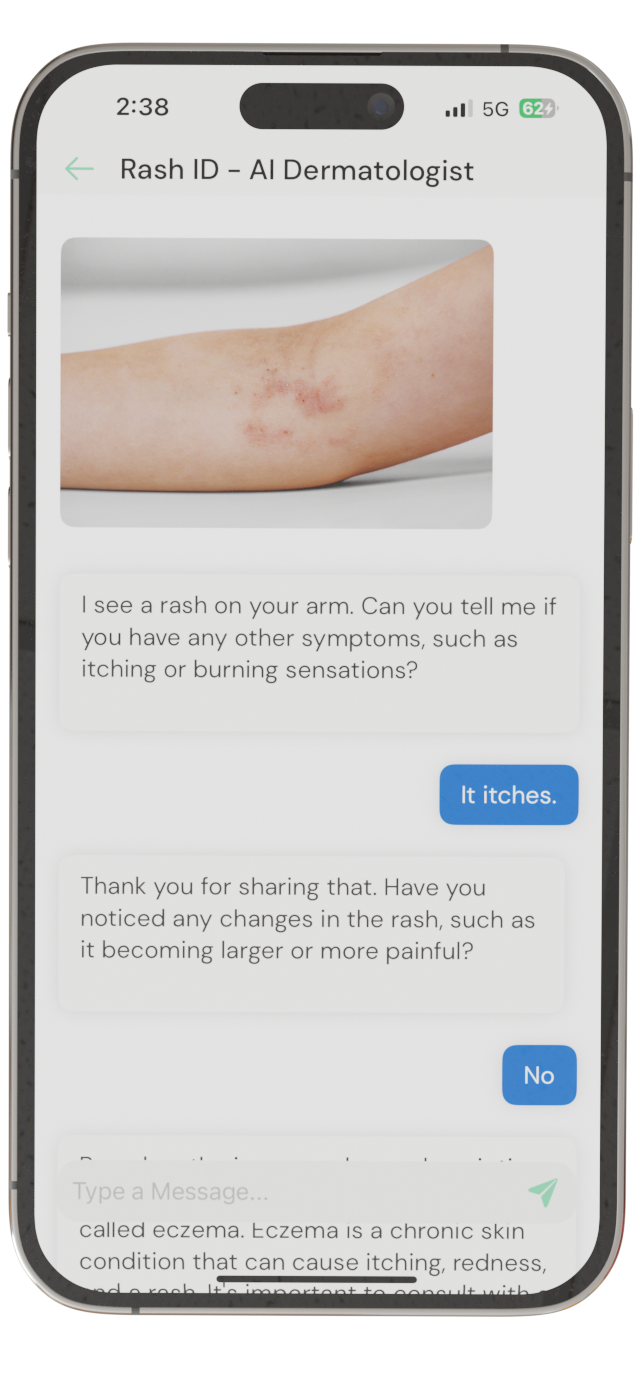
Understanding Acne: A Comprehensive Guide
Acne is a common skin condition that affects millions of people worldwide. It can occur at any age, but it is most prevalent in teenagers and young adults. While acne is not life-threatening, it can be distressing and can lead to permanent scars if not treated properly. In this guide, we'll explore the various aspects of acne, including its causes, symptoms, and treatment options.
What is Acne?
Acne, or acne vulgaris, is a skin condition that occurs when hair follicles become clogged with oil and dead skin cells. This leads to the formation of lesions commonly referred to as pimples, zits, or spots. These lesions can appear on the face, neck, back, chest, and shoulders — the areas of skin with the highest density of sebaceous (oil) glands.
Acne is characterized by different types of lesions, including:
- Whiteheads: Closed clogged pores.
- Blackheads: Open clogged pores.
- Papules: Small red, tender bumps.
- Pustules: Papules with pus at their tips.
- Nodules: Large, solid, painful lumps beneath the surface of the skin.
- Cysts: Painful, pus-filled lumps beneath the surface of the skin.
Who Gets Acne?
Acne can affect people of all skin types and ages, but it is most common in teenagers due to hormonal changes during puberty. Some factors that may increase the risk of developing acne include:
- Hormonal Changes: Such as during puberty, pregnancy, or with the use of birth control pills.
- Genetics: A family history of acne can increase the risk.
- Diet: High-glycemic-index foods and dairy products may exacerbate acne for some individuals.
- Stress: Can make acne worse.
- Certain Medications: Such as corticosteroids, lithium, and some anticonvulsants.
Symptoms and Causes
What Are the Signs of Acne?
The symptoms of acne vary depending on the severity of the condition, but commonly include:
- Pimples: Red or pink bumps on the skin.
- Blackheads and Whiteheads: More visible on the surface of the skin.
- Inflammation: Ranging from mild to severe.
- Scarring: From deep, inflamed pimples.
What Causes Acne?
The exact cause of acne is not fully understood, but several factors contribute to its development:
- Excessive Oil Production: Sebaceous glands produce more oil than necessary, clogging pores.
- Hair Follicle Blockage: Accumulation of oil and dead skin cells.
- Bacteria: Propionibacterium acnes bacteria can grow in clogged follicles.
- Inflammation: Due to the body’s immune response.
Diagnosis and Tests
Acne is typically diagnosed through a physical examination of the skin by a dermatologist. In most cases, no specific tests are required. However, if acne is severe or resistant to treatment, blood tests or hormone level checks might be done to rule out underlying conditions.
Management and Treatment
How is Acne Treated?
There are various treatment options for acne, which can be tailored to meet individual needs. Options include:
Over-the-Counter (OTC) Treatments
- Benzoyl Peroxide: Reduces bacteria and clears dead skin. Products include Proactiv® and Neutrogena On-The-Spot®.
- Salicylic Acid: Helps unclog pores. Common brands include Clean & Clear® and Cetaphil®.
- Alpha Hydroxy Acids (AHAs): Help remove dead skin cells and reduce inflammation.
Prescription Treatments
- Topical Retinoids: Such as tretinoin (Retin-A®) reduce oil production.
- Antibiotics: Both topical and oral antibiotics reduce inflammation and bacteria.
- Oral Contraceptives: Can help regulate hormones in females.
- Isotretinoin: A potent oral retinoid for severe acne, available under brands like Accutane®.
Other Treatments
- Laser and Light Therapy: Reduce bacteria and inflammation.
- Chemical Peels: Remove dead skin cells.
- Drainage and Extraction: To remove large cysts.
Home Remedies for Acne
While the effectiveness of home remedies varies, some options include:
- Tea Tree Oil: Natural antimicrobial properties.
- Green Tea: May be soothing and reduce inflammation.
- Aloe Vera: Known for its anti-inflammatory benefits.
Prevention
To prevent acne breakouts:
- Wash your skin with a gentle cleanser twice daily.
- Avoid heavy makeup and choose non-comedogenic products.
- Keep hair clean and off your face.
- Refrain from picking at acne lesions.
- Use oil-free and water-based skincare products.
Outlook / Prognosis
Most cases of acne can be effectively managed with proper treatment, but recurrence may occur, especially if treatment is discontinued. Long-term outcomes depend on the severity of acne, the type of treatment used, and adherence to treatment.
Living With Acne
Taking care of your skin can help manage symptoms and improve your quality of life. If current treatments are ineffective or causing side effects, consult with your dermatologist to explore other options.
When Should I Call the Doctor?
Contact a healthcare provider if:
- Acne is severe or suddenly worsens.
- OTC treatments are not effective after several weeks.
- You experience significant discomfort or emotional distress.
What Questions Should I Ask My Doctor?
- What is causing my acne?
- Which treatment would best suit my skin type?
- Are there any side effects I should be aware of?
- Can my diet affect my acne?
- What should I do if my acne scars become permanent?
Additional Resources
For more information on acne and its treatment, consider visiting reputable dermatological associations and resources:
By understanding the nature of acne and the wide range of treatment options available, you can work towards clearer skin and improved confidence. Always consult with a healthcare professional for personalized advice and treatment.

Identify Skin Conditions Instantly
Try Rash ID for Free